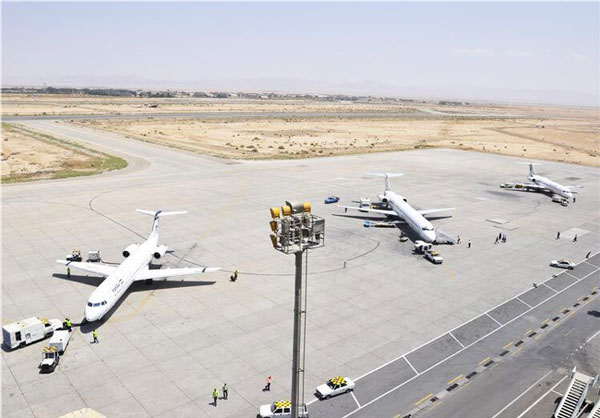Tips for Overcoming Your Fear of Flying, Why It Happens, and More
Anxiety is common when it comes to flying, but research suggests flying is the safest mode of transportation. Here’s how to manage your anxiety when up in the air.
As humans, our relationship to flight has changed dramatically in the last century. Air travel has developed from a fantasy into a common and widely used mode of transportation. There are about 100,000 flights in the world every day, according to the International Air Transport Association (IATA).
It is estimated that 4.4 billion passengers flew worldwide in 2024. In the United States, the Bureau of Transportation Statistics (BTS) reports that an all-time high of 848 million passengers flew in 2024.
Air travel has increased in recent years in both frequency and overall safety. The 2023 accident rate was one accident for every 1.26 million flights, which the IATA reports is the lowest rate in decades.
Research suggests air travel is safer in terms of fatalities than any other common mode of transportation, including:
• cars
• ferries
• subways
• trains
• buses
Still, there are moments that make even a seasoned traveler a bit uneasy. When the wheels start running down the tarmac, or you hit a bad patch of turbulence, it’s not uncommon to grasp the armrests a bit tighter.
These moments of feeling jostled or unsettled are usually short-lived, and they pass once the moment is over. That is, unless you have an actual fear of flying, known as aviophobia. People with aviophobia have a deep-rooted, continual fear of flying that’s much more than a fleeting feeling of uneasiness.
What causes fear of flying?
There are several possibilities for what contributes to your fear of flight. It could be caused by a single direct influence or a combination of factors.
A direct influence might be a particularly bad flight you experienced or a connection to someone who experienced a traumatic flight incident or aviation event.
Feeling out of control is a common anxiety trigger, and it’s a common influencer of aviophobia. Being way up high is certainly one way to recognize that some things in life are out of your hands!
Claustrophobia is another condition that can trigger aviphobia. The cabin of a plane is a tight, crowded space, and it can feel especially confining during boarding when emotions are already heightened.7 tips for conquering fear of flying
If you experience fear of flying, the following tips may help lessen your discomfort on your next flight.
۱. Stay centered
• Breathe deeply
• Repeat a mantra
• Shift your thoughts
۲. Find a focus
3. Eliminate stressful stimuli
4. Anticipate your anxiety
5. Bring distractions
6. Remove additional anxiety triggers





ارسال دیدگاه
مجموع دیدگاهها : 0در انتظار بررسی : 0انتشار یافته : ۰